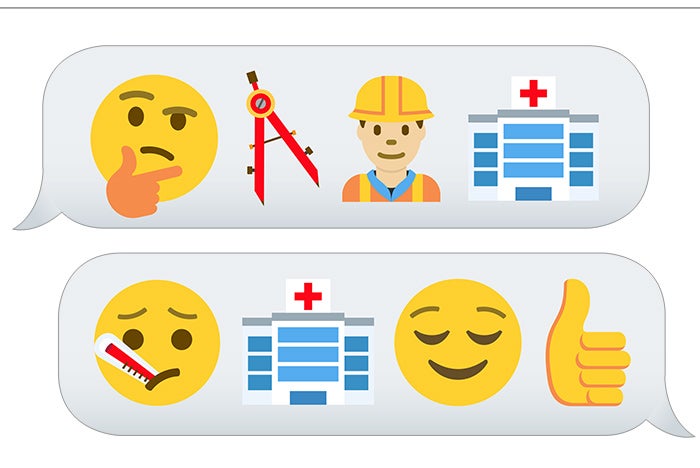Millennial patients aren't shy about voicing expectations

Millennials are defined by the Census Bureau as people born between 1982 and 2000, but the millennial mindset extends beyond this generational bracket. When it comes to applying research about millennials to facility design projects, “you really think about the millennial as a persona, and that persona has a certain set of expectations from health care. What you’re really trying to bracket is a way of thinking and performing and making decisions, not an age range,” says Upali Nanda, associate principal and director of research, HKS Inc.
Catering to millennials and like-minded people “is particularly important because of the way they share with their network, but also because of how they’re looking for choices,” says Kerianne Graham, associate and health care architect at NBBJ. “They want value in their care, they’re looking to be very cost conscious and, because care is becoming more mobile and more available, they’re really looking for what’s convenient to them.”
“They do their research and they make informed choices,” says Nanda. “If you don’t perform, they’ll go elsewhere.”
“Not only do they have a slightly shifted sense of values in what they’re looking for in care, their feedback about quality occupies a whole new space in the way they consume,” says Ryan Hullinger, NBBJ partner. For digital natives who grew up with internet access, researching and sharing feedback online comes naturally. This is particularly important for health care providers as reimbursement is tied to publicly reported scores on the HCAHPS patient satisfaction survey.
“HCAHPS and patient satisfaction have always been important, but I have a feeling with this generation that it’s going to expand exponentially,” says Hullinger. “Their opinions about care get quantified online and turned into a kind of consumer leverage that hasn’t yet informed health care design to the extent that it will.”
Amy Eagle, a freelance writer based in Homewood, Ill., specializes in health care-related topics. She is a regular contributor to Health Facilities Management.





